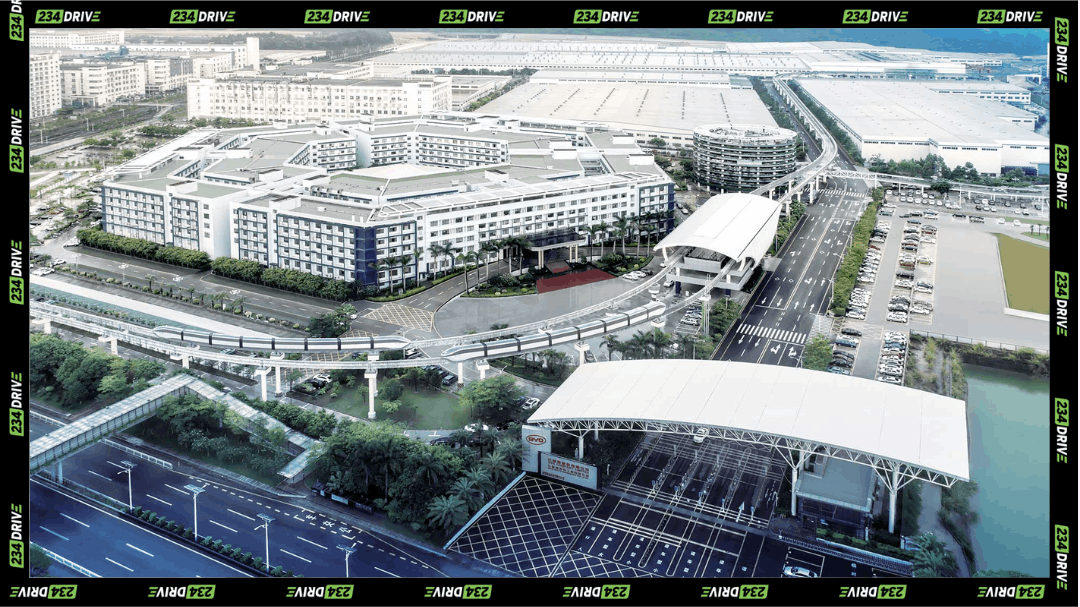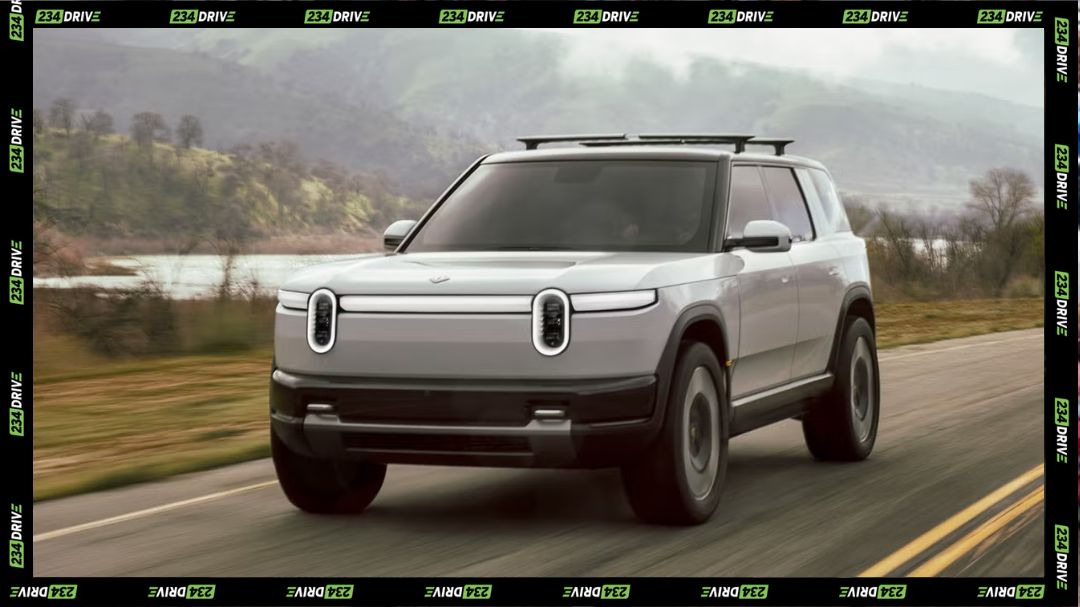Electric vehicles (EVs) are no longer a rare sight in Nigeria. From the busy roads of Lagos to the quieter neighbourhoods in Abuja, more drivers are switching to EVs like the Hyundai Kona Electric, Tesla Model S, and BMW i3. This shift is fuelled by rising petrol prices, increased environmental awareness, and growing access to charging infrastructure. But for most potential buyers, one question stands above the rest: how much does it really cost to maintain an electric car in Nigeria?

The answer matters because Nigerian drivers face unique realities—unforgiving roads, fluctuating exchange rates, and limited local service centres. These factors influence everything from tyre replacement to the cost of importing critical parts. Understanding the true cost of EV ownership helps drivers make smarter financial decisions while also gauging whether the transition from petrol to electric is worth it.
Are EVs Cheaper to Maintain?
Yes, in most cases. Compared to internal combustion engine (ICE) vehicles, EVs have fewer moving parts, no need for oil changes, and far less frequent replacement of wear items. According to Nairametrics, annual maintenance for EVs in Nigeria averages between ₦50,000 and ₦100,000—roughly 30–50% lower than that of petrol-powered vehicles. This estimate is echoed by data from Kashgain and aligns with international trends adjusted for Nigeria’s labour and parts market.
Where ICE cars demand frequent servicing of timing belts, fuel filters, and spark plugs, EVs require little beyond brake inspections, tyre care, and occasional fluid changes. The difference in upkeep is one of the most compelling reasons Nigerians are beginning to explore electric mobility.
Typical Maintenance Costs in Nigeria
On average, Nigerian EV owners spend about ₦70,000 to ₦80,000 a year maintaining their vehicles. The bulk of this cost comes from tyres, wiper blades, and routine inspections. Tyre rotations cost a few thousand naira per session, while cabin air filter changes are under ₦10,000 annually. Brake fluid and coolant replacement are needed less frequently—every two to five years—so their annualised cost is minimal.

Tyres are the biggest long-term expense. A full replacement set costs around ₦200,000 but typically lasts up to five years depending on driving conditions. With EVs known for instant torque, tyres may wear faster if the car is driven aggressively. Even then, the annualised cost remains significantly cheaper than the constant servicing an ICE vehicle demands.
What Drives the Cost Differences?
Model and Usage
Luxury EVs such as the Tesla Model S or BMW i3 may cost more to maintain because parts are not locally available and often need to be imported. By contrast, the Hyundai Kona EV, now sold in Nigeria, has a simpler and more affordable service structure. Usage patterns also matter. Urban drivers navigating smooth city roads will see fewer tyre and brake replacements compared to rural drivers who contend with rough terrain.
Service Centre Availability
One of the biggest challenges for EV owners in Nigeria has been the lack of trained technicians. However, this is gradually changing. In July 2025, TotalEnergies and Qoray announced new EV service centres across Lagos and Abuja, offering diagnostics and servicing tailored to electric cars. These centres reduce reliance on untrained mechanics and help stabilise labour costs.
Parts Availability
While most EV parts are still imported, they are required less frequently than ICE parts. Exchange rate volatility and customs fees can drive up costs, but since major components are rarely replaced, the impact is limited. Routine consumables such as filters and fluids are relatively affordable.
The Question of Major Repairs
Routine servicing may be affordable, but large-scale repairs are another story. The biggest expense any EV owner may face is a battery replacement, which can cost over ₦10 million depending on the model. Thankfully, most manufacturers offer warranties of at least five years on battery packs. For example, the Hyundai Kona EV comes with a five-year/100,000km warranty covering major components, making the risk of early battery replacement very low for most drivers.
Drive units and high-voltage electronics are also covered by extended warranties in many models. When properly maintained, EVs are built to last, and the risk of encountering these high costs is significantly reduced.
The Hidden Cost Advantage
Time is money, and EVs save a lot of it. With no oil changes, no spark plug replacements, and fewer trips to mechanics, owners spend less time worrying about servicing. This convenience is a major but often overlooked benefit.
Fuel savings compound this advantage. Nigerian EV drivers have reported reducing their monthly fuelling costs by up to 70%. With electricity costs at charging stations ranging between ₦90 and ₦150 per kWh, charging remains far cheaper than filling a petrol tank at current rates.
Looking Ahead
The EV ecosystem in Nigeria is still developing, but momentum is building. Partnerships like that of Qoray and TotalEnergies, alongside government discussions on duty waivers and tax incentives, are strengthening the foundation for mass adoption. Service centres are becoming more specialised, technicians are being trained, and access to parts is improving.
Industry experts also predict that as adoption grows, prices for routine EV servicing will stabilise further. Local influencers such as Kennedy Okonkwo have publicly emphasised the long-term savings of EV ownership, noting up to 70% lower maintenance costs compared to ICE vehicles.
Conclusion
Electric vehicles are not just futuristic ideas—they are practical, cost-saving machines already making their way onto Nigerian roads. Annual maintenance costs averaging between ₦50,000 and ₦100,000 put them far below traditional vehicles in running costs, and the savings on fuel make the gap even wider. Battery replacements remain a concern, but warranties cover most owners for years, reducing the immediate risk.
The choice for Nigerian drivers now lies in timing. Will you wait for EV infrastructure to become widespread, or step into the market early and enjoy the savings today? As charging networks grow and service centres expand, the cost advantages will only get stronger. The smarter question isn’t if EVs will dominate Nigeria’s roads, but when—and whether you’ll be ahead of the curve or left idling at the pump.









